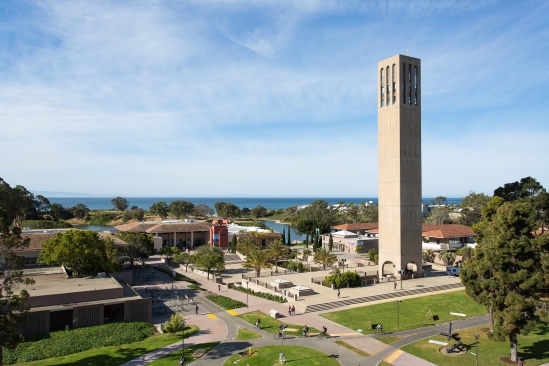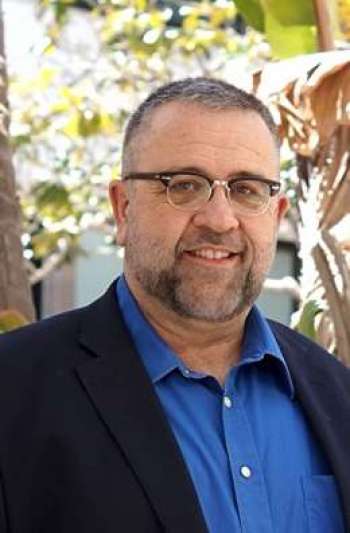José I. Cabezón, director of the new initiative and holder of the Dalai Lama Endowed Chair in the Religious Studies Department at UCSB, said: “The study of the scripture is central to the academic study of Buddhism, just as the Bible is to the study of Judaism and Christianity.” (UC Santa Barbara)
Cabezón continued: “But unlike the Bible, the Buddhist canon is vast. In its Tibetan version, it contains 108 volumes. The 84000 project is a decades-long initiative to translate the Tibetan Buddhist canon in its entirety. The Buddhist Studies program, part of UCSB’s religious studies department, is excited to partner with the 84000 Project to realize this historic goal of creating an accurate, readable and freely accessible translation of the Tibetan Buddhist scriptures.” (UC Santa Barbara)
The translation of Tibetan texts, including scriptures, has been central to the training of students at UCSB. Several UCSB students have published translations available on the 84000 website and more are forthcoming. Thus, the current partnership formalizes an existing relationship between UCSB and 84000 and further strengthens commitments to support future translators.

















